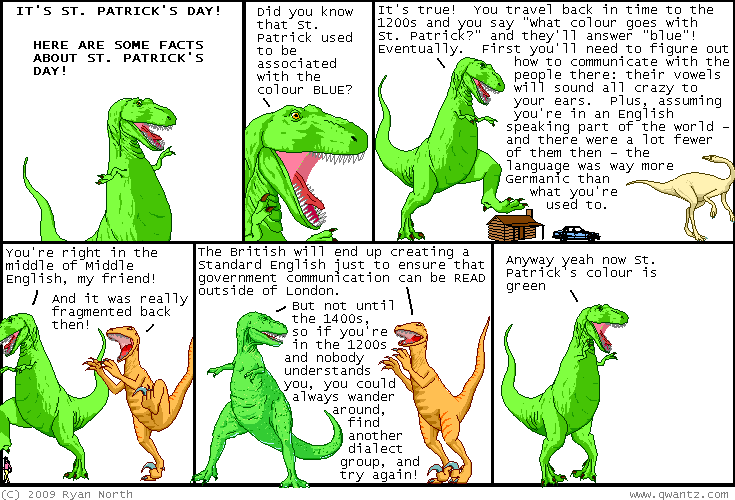This afternoon, John Baker posted to the American Dialect Society's listserv (ADS-L) the following note:
Mark Liberman recently wrote in Language Log that, for everyone except linguists and a few exceptionally old-fashioned intellectuals, what "passive voice" now means is "construction that is vague as to agency". Disturbingly, a short piece by Nancy Franklin in the March 23, 2009, issue of The New Yorker seems to bear that out. It is a discussion of Bernard Madoff's allocution, his formal court statement acknowledging guilt:
<<Two sentences later, Madoff said, "When I began the Ponzi scheme, I believed it would end shortly and I would be able to extricate myself and my clients from the scheme." As he read this, he betrayed no sense of how absurd it was to use the passive voice in regard to his scheme, as if it were a spell of bad weather that had descended on him. Still, he had faith-he "believed"!-that it would soon be over. Yes, "soon." In most of the rest of the statement, one not only heard the aggrieved passive voice but felt the hand of a lawyer: "To the best of my recollection, my fraud began in the early nineteen-nineties.">>
If there is an example of the passive voice in Madoff's quoted statements, it has escaped my attention. Unlike the blog Liberman cites, The New Yorker reportedly has professionally edited text.
Read the rest of this entry »
 From yesterday's editorial in the Philadelphia Inquirer about the conviction of a local political boss, Vince Fumo, on 137 corruption-related charges:
From yesterday's editorial in the Philadelphia Inquirer about the conviction of a local political boss, Vince Fumo, on 137 corruption-related charges: